“I am one of three nurse clinicians who work with the family medicine group. Our role is quite diverse. We’re educators, advocates, facilitators, coaches, sometimes even psychologists.”
“When a patient is diagnosed with a chronic illness, they’re referred to us, and we provide them with tools to help them manage their illness. We do follow-ups so they don’t have to see the family doctors as often. We can adjust treatments like insulin and blood thinners. I’d say diabetes is the most common problem we see now.”
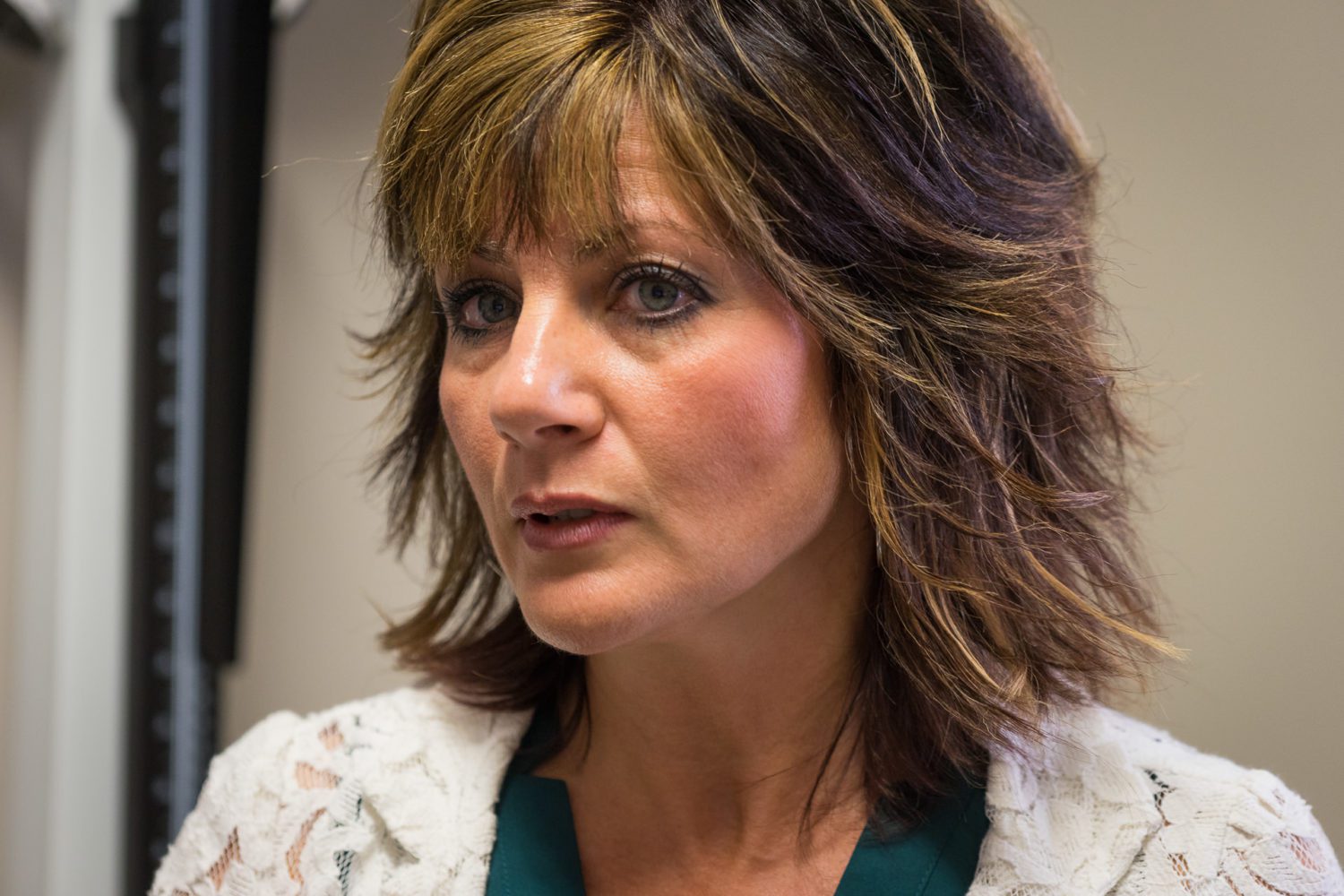
If NURSE could be an acronym, it would be Nurture, Understand Reassure, Support, and Encourage.
“Did you make that up?”
“I did!”
“Nurturing is almost like a mother role. You have to get to know the patients, build their confidence and their trust before you can get them to do anything. If you don’t have that trust, and if they don’t feel like they are totally understood, they are not going to come back. Understand is to understand what’s going on with them. I’ve had patients come in the office and just cry for half an hour because they had been told they were diabetic. ‘I can’t eat anything anymore! My life is over!’ So it’s to try to understand what they’re going through. Reassure – that’s ongoing. Support is ongoing too. And Encouragement – they need that constantly. ‘You’re doing a good job! Even if you only lost a pound this month, it’s still good.'”
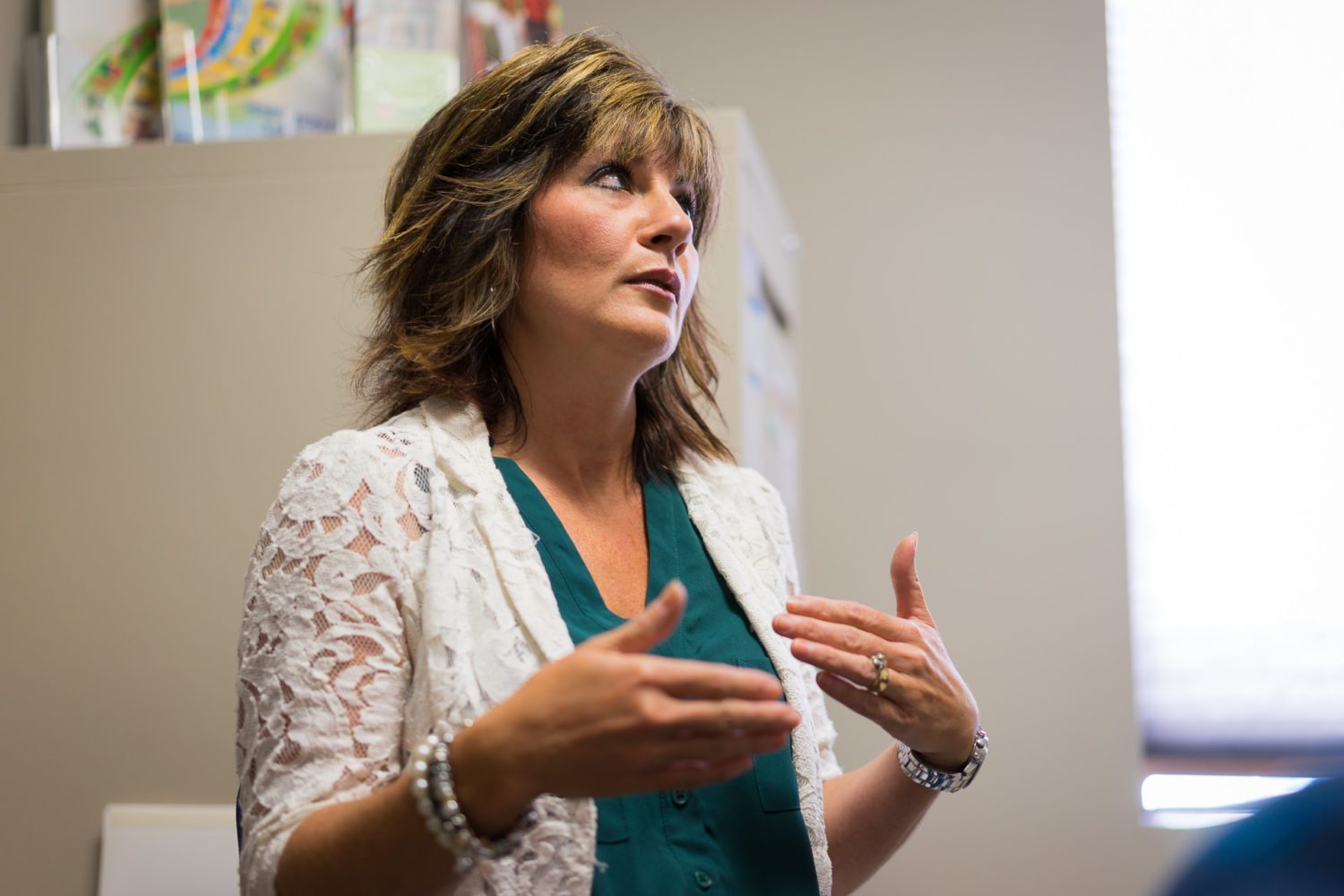
Some patients will only say certain things to the doctor, whereas with the nurse they tend to open up a little bit more.
“They’ll talk about personal issues. We’re dealing with patients who are living with aged mothers and fathers, taking care of them. Some have kids who had moved away, but are now coming home. We have some grandparents that are raising their grandkids. So there are a lot of different factors going on. Work is another thing – there’s not a whole lot of work in the area. People being laid off, having to travel two hours to work, two hours home. They are diabetic. They get home at 9:00 at night, have to make supper, eat at 10:00, go to bed, get up and do the same thing over again.”
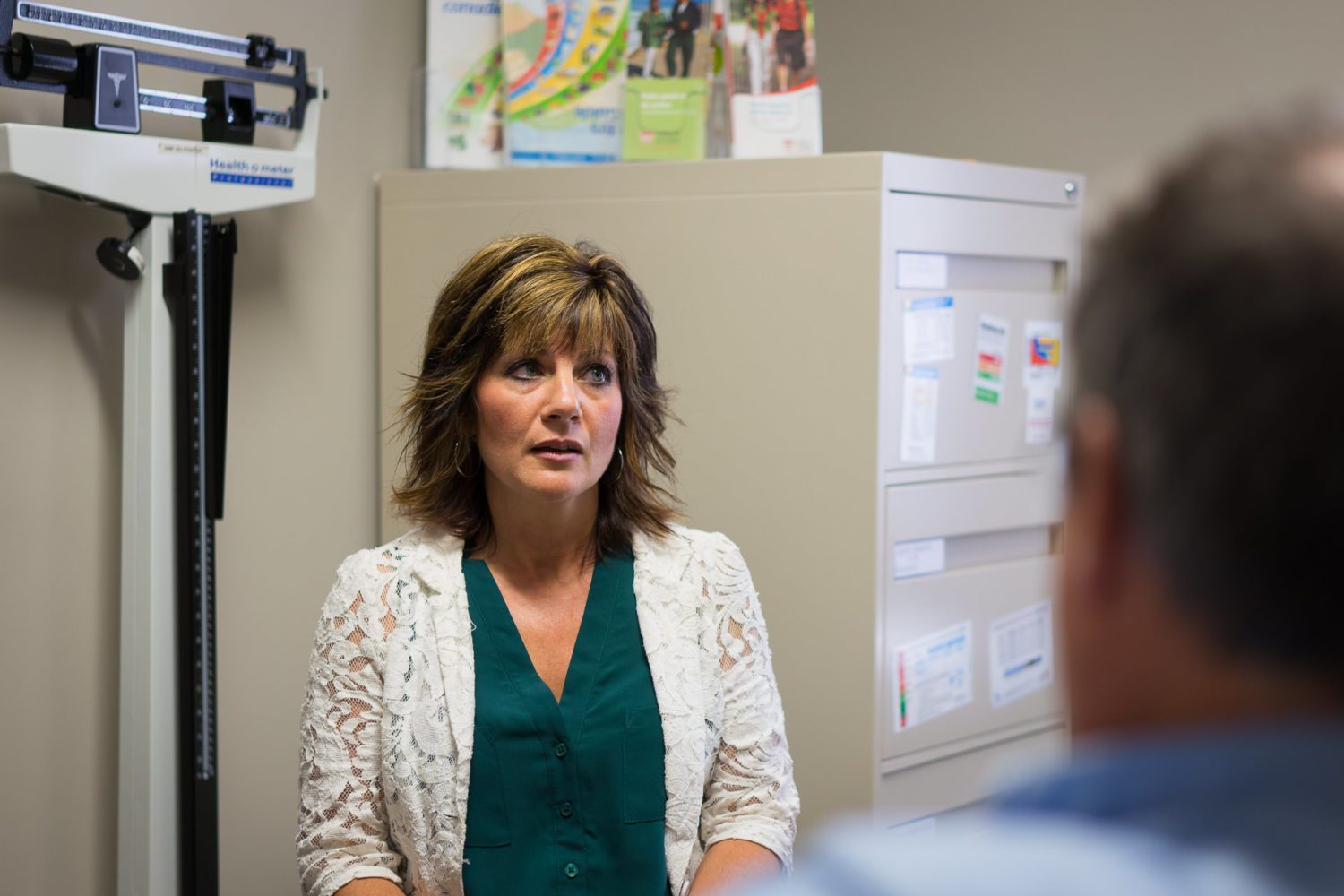
“Lack of exercise is a big problem. Because we’re in a rural area, we don’t have access to the gyms and the swimming pools. But we’re in the country, so there’s so much you can do. You can bike, you can walk. There’s not a lot of excuses that you can give, because if you’re motivated at all, you can do a lot.”
Nutrition is a big factor. People don’t always have the funds to eat properly, so you have to come up with ideas.
“You can take a couple pounds of hamburger and make a week’s worth of different meals with it. A lot of people have their own gardens, which is good. And there are people who sell their produce in local markets. But we’re sometimes dealing with people who don’t drive, so they’re limited to the local stores. It’s often canned goods and cold meat and that kind of stuff.”
“I think it goes back to when people were working in the lumber camps. They ate salt pork and baked beans and scalloped potatoes. It’s kind of a cycle that’s gone on over the years. Big desserts, pies, and cakes. It is slowly changing, but it’s going to take a lot of time and effort to completely change. There’s more education in the schools now. The school nurses are doing some teaching on healthy nutrition. I have patients that talk about their grandkids who come home and say, ‘You shouldn’t be eating that, you should be eating this instead!’ So, some changes are happening, which is good. But, it’s going to take a while.”
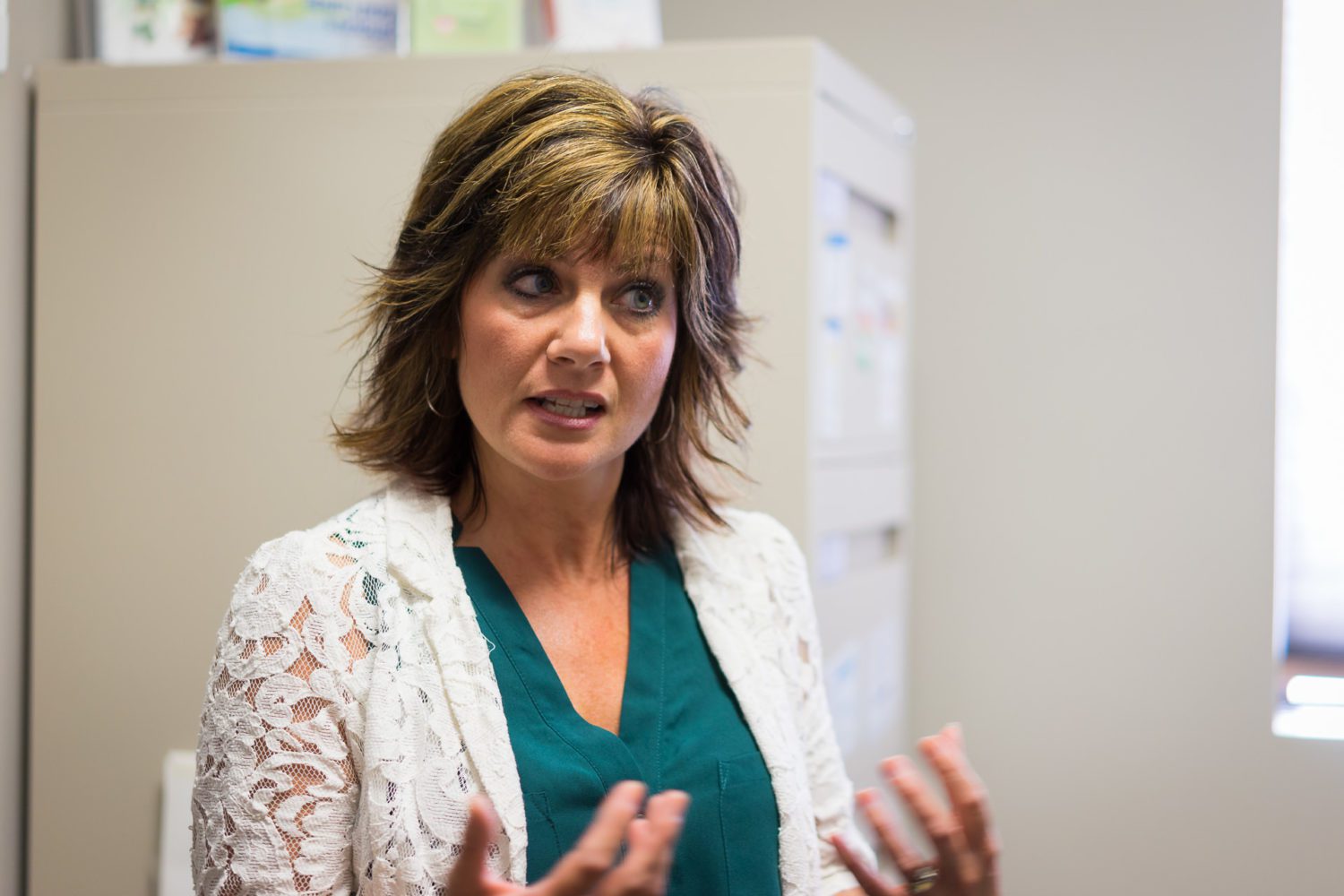
“Sometimes you have to be up front and honest with people. And blatantly blunt, which is not always nice. Sometimes that will promote change and other times it just doesn’t. It becomes frustrating for us at times because sometimes we want change more than the patients. At times we have to say. ‘Look, it’s been six months. There are no changes, and there is excuse after excuse. You have to start doing something, or maybe I am wasting your time, you’re wasting my time.’ You know?”
Our computerized medical record is great but I don’t type my notes in front of patients.
“I find that totally distracting for them and for myself. During the last couple of years that I worked in emergency, our triage became computerized. One of the things that we all said at the beginning was that the interaction with the patient is really impeded. In triage we ask a bunch of questions, and we’re looking at the screen and typing at the same time. To me, it interferes with the interaction with the patient. The patient becomes kind of an object. You are focusing more on what you’re typing and finding the right boxes…”
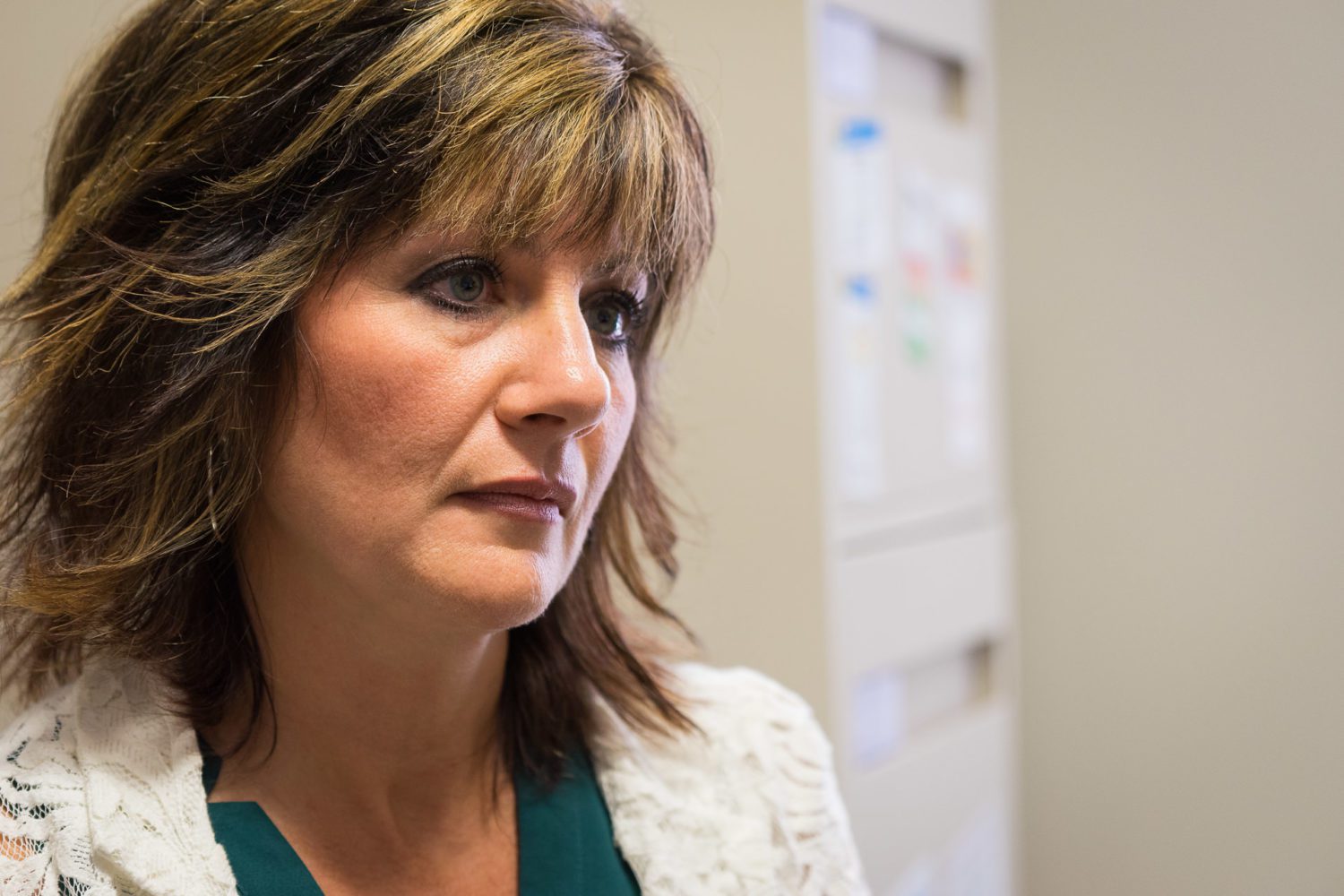
“We don’t have a dialysis unit in town. Often what happens is a little bus picks up five or six patients and takes them to Hull for the day, which is an hour away. So the patients who are dialyzed at 9:00am have to stay until the evening, and the ones who dialyzed at 2:00pm have to leave at 8:00am. That makes for a very long day.”
“I had a patient who passed away about six months ago who was going three times a week. It was just debilitating for him to go down there, and have to sit for hours and hours to wait for dialysis. Or, depending on when he was scheduled, wait for the next patient to be finished. You’re looking at a 10 hour day, three times a week.”
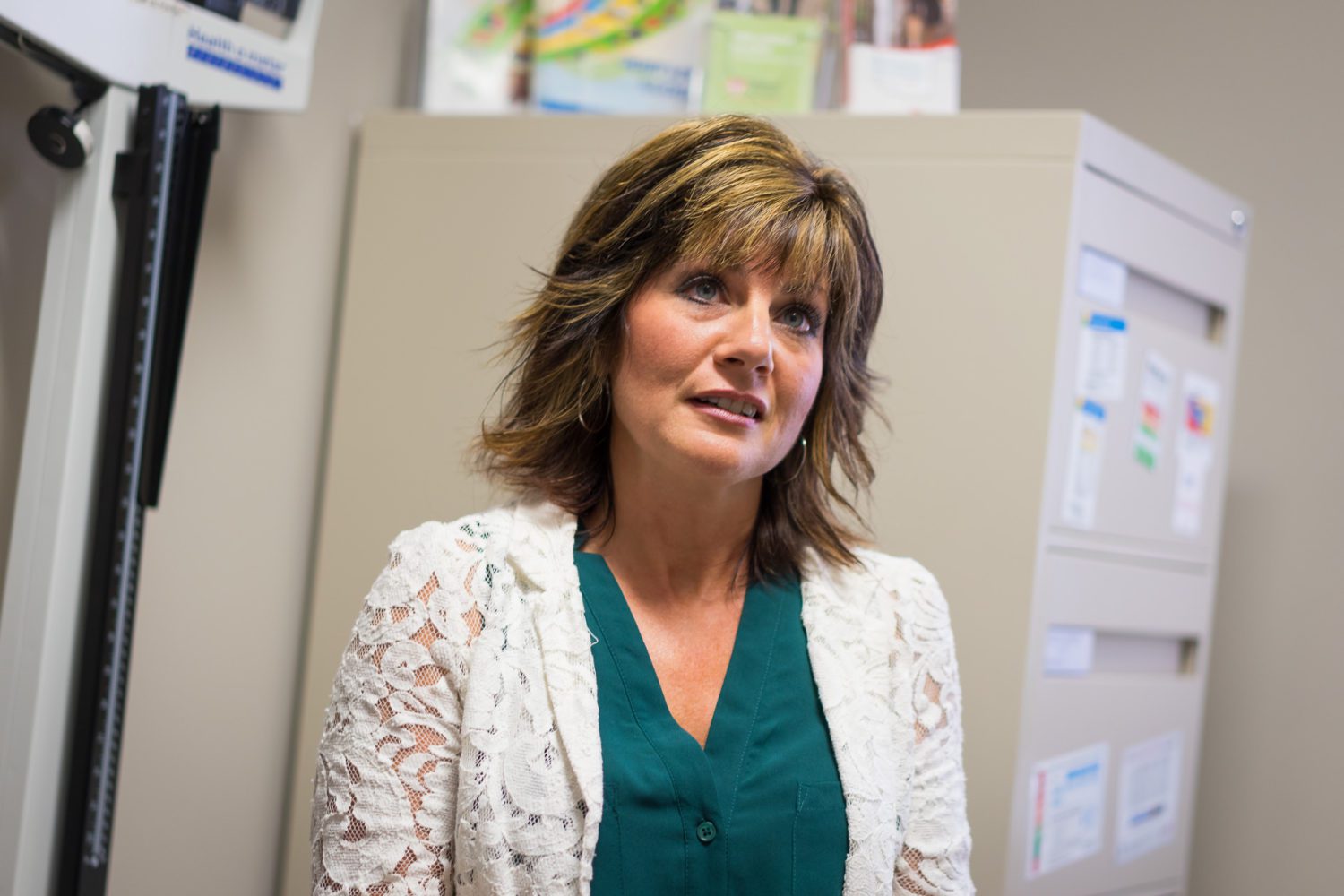
“You worked in the emergency department and now work in primary care. Can you reflect a bit about the differences?”
“In acute care you’re fixing someone, immediately. They have something wrong, you fix it, they’re gone. And it changes. Every shift is different, every day is different. You never know what you’re going to get.”
“Working with patients with chronic illness is more of a journey with the patient. It was hard for me at first because it’s not a quick fix. But now I realize people change at a different pace. Some people change, some people don’t. It’s a journey and you’re repeating yourself a lot. But your relationship with the patient is very rewarding because you’re seeing the changes in that person, and you’re getting the thank yous. Probably more than in the acute care setting. They are both totally rewarding but in very different ways.”

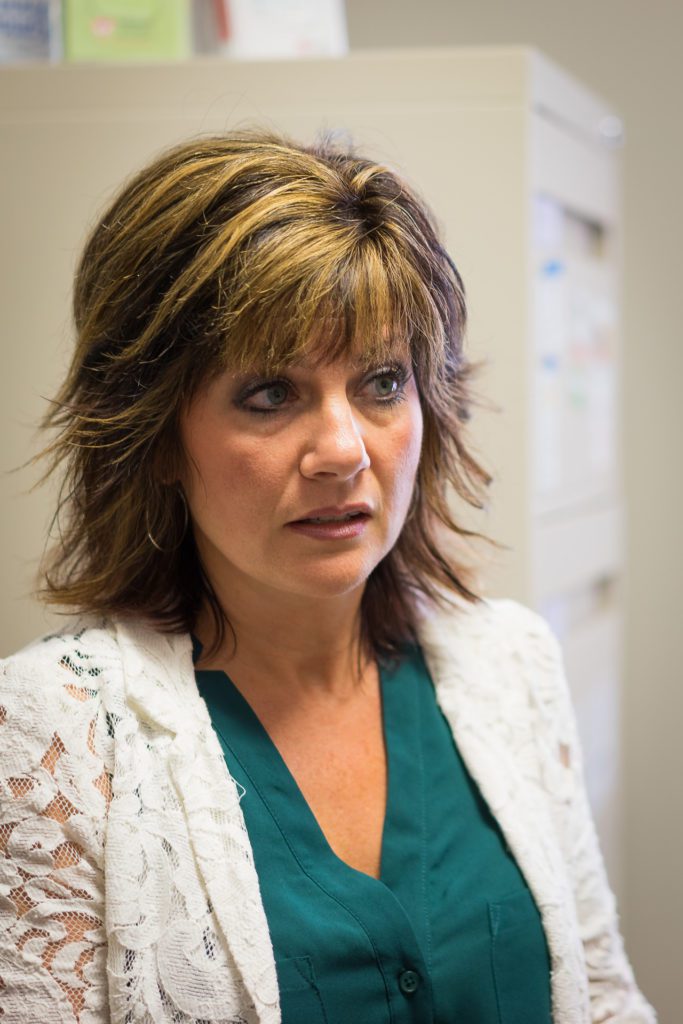

The comments section is closed.